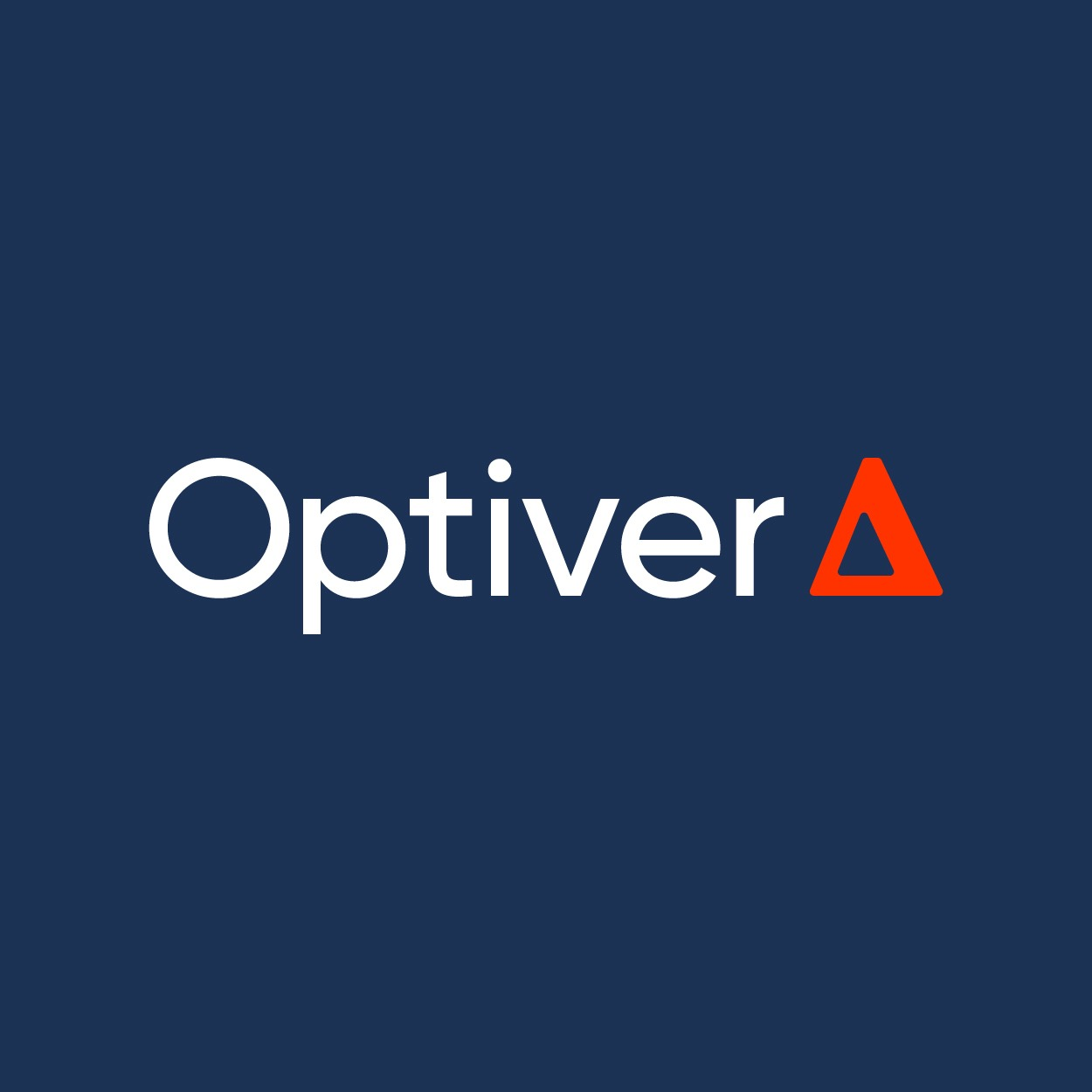
Optiver
Random Walk Card Game
Question Metadata
- Interview Type
- technical
- Company
- Optiver
- Last Seen
- Within the last month
- Confidence Level
- High Confidence
- Access Status
- Requires purchase
Purchase access to view the full interview question
Assessment Rubric Overview: "Random Walk Card Game"
The "Random Walk Card Game" problem is designed to evaluate a candidate's proficiency in dynamic programming, recursion, and algorithm optimization, particularly in scenarios involving probabilistic decision-making. This aligns with Optiver's emphasis on assessing how candidates approach complex problems and their ability to communicate their reasoning effectively.
Core Competencies and Skills Evaluated:
-
Dynamic Programming and Recursion: Candidates should demonstrate a solid understanding of dynamic programming principles, effectively applying recursion to break down the problem into manageable subproblems.
-
Algorithm Optimization: Given the potential scale of the problem (large values of N), candidates must showcase their ability to design efficient algorithms that minimize time and space complexity.
-
Mathematical and Statistical Analysis: A strong grasp of probability theory is essential, as the problem involves calculating expected values based on probabilistic outcomes.
Behavioral Traits and Problem-Solving Approaches Assessed:
-
Analytical Thinking: Interviewers will assess the candidate's ability to dissect complex problems, identify underlying patterns, and develop structured solutions.
-
Communication Skills: Clear articulation of thought processes, including the rationale behind design decisions and the handling of edge cases, is crucial.
-
Adaptability and Learning: Candidates should demonstrate a willingness to adapt their approach based on new information or constraints, reflecting a growth mindset.
Assessment Process Expectations:
Optiver's interview process is known for its collaborative and problem-solving focus, moving away from traditional brainteasers to real-world challenges. Candidates can expect:
-
Technical Discussions: Engaging in problem-solving conversations that mirror real-world scenarios, emphasizing the candidate's approach to complexity and adaptability.
-
Behavioral Interviews: Exploring the candidate's motivations, teamwork dynamics, and alignment with Optiver's culture.
Preparation Recommendations:
-
Master Dynamic Programming and Recursion: Review and practice problems that require breaking down complex tasks into simpler subproblems, focusing on both top-down and bottom-up approaches.
-
Optimize Algorithms: Focus on writing code that is both correct and efficient, paying attention to time and space complexities, especially for large input sizes.
-
Understand Probability and Statistics: Strengthen knowledge in probability theory, particularly in calculating expected values and understanding stochastic processes.
-
Practice Clear Communication: Engage in mock interviews to refine the ability to explain thought processes and solutions clearly and concisely.
Evaluation Criteria and Technical Concepts to Master:
-
Dynamic Programming Techniques: Proficiency in memoization, tabulation, and recognizing overlapping subproblems.
-
Algorithmic Efficiency: Ability to analyze and optimize algorithms for performance, considering both time and space complexities.
-
Probability Calculations: Skill in computing expected values and understanding the implications of probabilistic decisions.
-
System Design Fundamentals: Understanding how to design systems that handle large-scale computations efficiently.
Optiver-Specific Expectations and Cultural Fit Considerations:
Optiver values candidates who are not only technically proficient but also align with their collaborative and intellectually curious culture. Demonstrating a passion for problem-solving, a proactive approach to learning, and the ability to work effectively in a team-oriented environment will resonate well with interviewers.
By focusing on these areas, candidates can prepare effectively for the "Random Walk Card Game" problem and align their skills with Optiver's expectations.
Other verified questions from Optiver